The UK needs to deliver grid connection reform within six months to keep its clean power 2030 target within reach, according to one of the country’s largest battery energy storage system (BESS) developers.
Speaking to Energy Voice, NatPower UK managing director John Sturman said battery storage is “absolutely essential” to deliver the Labour government’s ambition to decarbonise the electricity grid by the end of the decade.
The newly formed National Energy System Operator (NESO) declared in a report earlier this month that the target is “achievable”.
However, Sturman said the government needs to ensure faster delivery of BESS projects to keep the goal within reach.
“If grid reform enables grid connection dates to be brought forward to 2030 or before, if that happens in six months time, then we can absolutely deliver all the required assets to meet 2030 [targets],” he said.
“But if grid reform doesn’t deliver, and get rid of the non-credible counterparts who applied to connections, and it drags on a year or more, it’s going to become very difficult for us a developer to justify continuing to develop our pipeline.”
Field acquires Hartmoor BESS
Battery storage developer Field has acquired a 200 MW capacity BESS project located near Hartlepool from Clearstone Energy for an undisclosed fee.
Field said the Field Hartmoor project can store up to 800 MWh of electricity, enough to power 500,000 average UK homes for four hours when fully charged.
Since securing planning consent for Hartmoor in 2023, Field said Clearstone had worked with NESO to bring the energisation date forward from 2033 to 2026.
Field said with offshore wind farms like the 3.6 GW Dogger Bank project set to connect to the grid between 2025 and 2028, delivering Hartmoor will reduce potential curtailments and network constraints.
Field chief executive Amit Gudka said the company wants the UK government, Ofgem and NESO to continue working to accelerate BESS deployment and utilisation.
“Transmission-connected battery storage sites like Field Hartmoor can reduce constraint costs, provide stability and reactive power services at a lower cost to bill payers than any other technology,” Gudka said.
“Significantly increasing renewable energy capacity is an important part of delivering the energy transition, but cannot be done in a low cost and stable way unless energy storage capacity grows with it.”
Following the acquisition, Hartmoor joins Field’s three operational BESS projects at Oldham (20 MWh), Gerrards Cross (20 MWh) and Newport (40 MWh).
The company has seven more in construction or pre-construction stages totalling 450 MW/1 GWh.
Meanwhile, Clearstone said the sale of Hartmoor will fund the continued development of its 2.2 GW UK BESS pipeline.
Fidra Energy and Sungrow
Edinburgh-headquartered BESS developer Fidra Energy has signed a strategic partnership with Chinese solar manufacturer Sungrow.
The firms said the 4.4 GWh energy storage partnership agreement will support Fidra’s plans to establish a 10 GW BESS platform across the UK and select European markets by 2030.
Under the deal, Sungrow will provide its liquid-cooled energy storage system PowerTitan 2.0 to two Fidra sites in the UK.
Initially set to deliver two-hour storage duration at the Thorpe Marsh and West Burton C projects, Fidra said it could eventually expand the sites to a four-hour system.
Located in South Yorkshire and Nottinghamshire, together the two BESS project will have capacity to power 1.1m homes during peak demand.
Fidra plans to begin construction at Thorpe Marsh in 2025, with West Burton C set to follow in 2026.
Fidra Energy chief executive Chris Elder said the company’s strategy is focused on building and operating “big batteries” in major markets.
Battery tech startup produces UK first
Watercycle Technologies Ltd has produced over 100kg of battery-grade lithium carbonate from UK-sourced brines in what it said is a “major breakthrough”.
The University of Manchester spinout company said it produced the battery materials using its direct lithium extraction and crystallisation (DLEC) technology at a pilot plant in Runcorn.
Watercycle said the result demonstrates its ability to scale up the process for industrial applications, with plans to increase to multi-tonne production in the next six months.
With battery supply chains a growing geopolitical concern due to the world’s current dependence on China, Watercycle said creating a “homegrown” supply of refined lithium products is “critical” for the UK net zero transition.
Watercycle co-founder and chief technology officer Dr Ahmed Abdelkarim said the DLEC system is one of the first in Europe to produce the lithium carbonate crystals in such quantities.
“With the ability to generate refined lithium carbonate onsite, our technology offers customers the ability to capture more of the value chain,” Dr Abdelkarim said.
“We are now positioning ourselves to supply lithium salts at the ton-scale for OEMs and chemical suppliers.”
Galileo lodges Middlerigg BESS application
Renewable energy developer Galileo Green Energy has submitted a planning application for a 50 MW BESS project in Scotland.
Galileo senior project manager Laura Petrie said the Middlerigg project will deliver “considerable economic and environmental benefits” to communities in West Lothian.
The firm also plans to establish a £500,000 community benefit fund for nearby communities in Bathgate and Armadale.
“Infrastructure such as this has a vital part to play as we move away from polluting fossil fuels to clean green renewable energy, playing a critical role in tackling climate change and supporting Scotland to achieve its net-zero target,” Petrie said.
Founded in 2020, Galileo is backed by four Australian and New Zealand pension funds and infrastructure investors.
Together the firms plan to invest £190m in renewable energy projects across Europe through Galileo, with the UK a “key focus”.
Gresham House welcomes ‘scarcity pricing’ boost
Battery storage fund Gresham House Energy Storage Fund (LON:GRID) said the closure of the UK’s last coal-fired power plant delivered a boost to its revenues in October.
Gresham House said it was “starting to see a return of scarcity pricing” in the electricity market after the Ratcliffe-on-Soar shut down.
The firm said it expects UK electricity prices to remain “volatile” while NESO undertakes “improvements” in the balancing mechanism which fine tunes the supply of energy to the grid depending on demand and production.
Gresham said the volatility in electricity prices was “encouraging”, with its underlying BESS portfolio generating revenues of £11.7m in the third quarter.
TagEnergy Lakeside project connected to grid
National Grid has connected TagEnergy‘s 100 MW Lakeside BESS to the electricity transmission network following its energisation.
Located at the Drax substation in North Yorkshire, National Grid said the Lakeside project is now the UK’s largest transmission connected BESS.
National Grid Electricity Transmission portfolio director for northern regions Mark Brindley said connected Lakeside is a “key moment” in the pursuit of net zero targets.
“Our Drax substation originally connected a coal plant in the seventies, and is now playing an important role in the energy transition – connecting not only the country’s biggest battery, but also its largest biomass power plant,” Brindley said.
“As the transition progresses, connecting a diverse mix of renewable technologies will be crucial in supporting the UK’s bold net zero ambitions.”
Atlantic Green completes £152m BESS financing
UK BESS developer Atlantic Green has secured £152m financing for its 300 MW/642 MWh Cellarhead project near Stoke-on-Trent.
The project is one of the largest UK BESS projects in development, and is strategically located near the 400kV National Grid Cellarhead substation.
A consortium of lenders including Goldman Sachs, Santander, Bank Hapoalim and Bank Leumi provided the financing for Cellarhead.
Atlantic Green said Cellarhead represents a “key milestone” for the company and its plans to develop a near 2 GW capacity of battery storage in the UK.
Cero Generation solar-BESS
Elsewhere, Cero Generation has achieved grid connection for its 49.5 MW/99 MWh Larks Green co-located solar and BESS project following successful energisation.
It follows the completion of the 70MW Larks Green solar project in Gloucestershire in April 2023.
The Larks Green solar farm was one of the first standalone UK solar projects to connect to the grid.
With the addition of battery storage, Cero said Larks Green becomes the first transmission-connection co-located energy producing facility in the UK.
Low Carbon 500 MW solar-storage site
Renewable energy investor Low Carbon is developing a 500 MW solar and energy storage park in Kent near the village of Old Romney.
Low Carbon project developer James Hartley-Bond said once built, the South Kent Energy Park “will play a crucial role in providing a clean, secure, and affordable source of energy generation in support of the UK’s decarbonisation targets”.
International news: Australian state cancels world’s largest pumped hydro project
In international energy storage news, the Australian state of Queensland has cancelled plans for what would have been the world’s largest pumped storage hydro project.
The Queensland government’s move to axe the 5 GW/120 GWh Pioneer-Burdekin Pumped Hydro Project comes after a recent state election.
The conservative Liberal National Party (LNP) ousted the incumbent Labor administration in October, and had pledged to scrap the project during the campaign.
A report given to the incoming government revealed the scheme would cost an estimated A$36bn (£18.5bn), more than double the original estimate.
Newly-installed LNP premier David Criasfulli said the Queensland government remains committed to deliver smaller-scale pumped hydro projects.
“We have to find a way to deliver smaller, more manageable pumped hydro because it’s important if you’re going to firm up renewable energy, you need that,” Crisafulli said.
Recommended for you




 © Supplied by NatPower UK
© Supplied by NatPower UK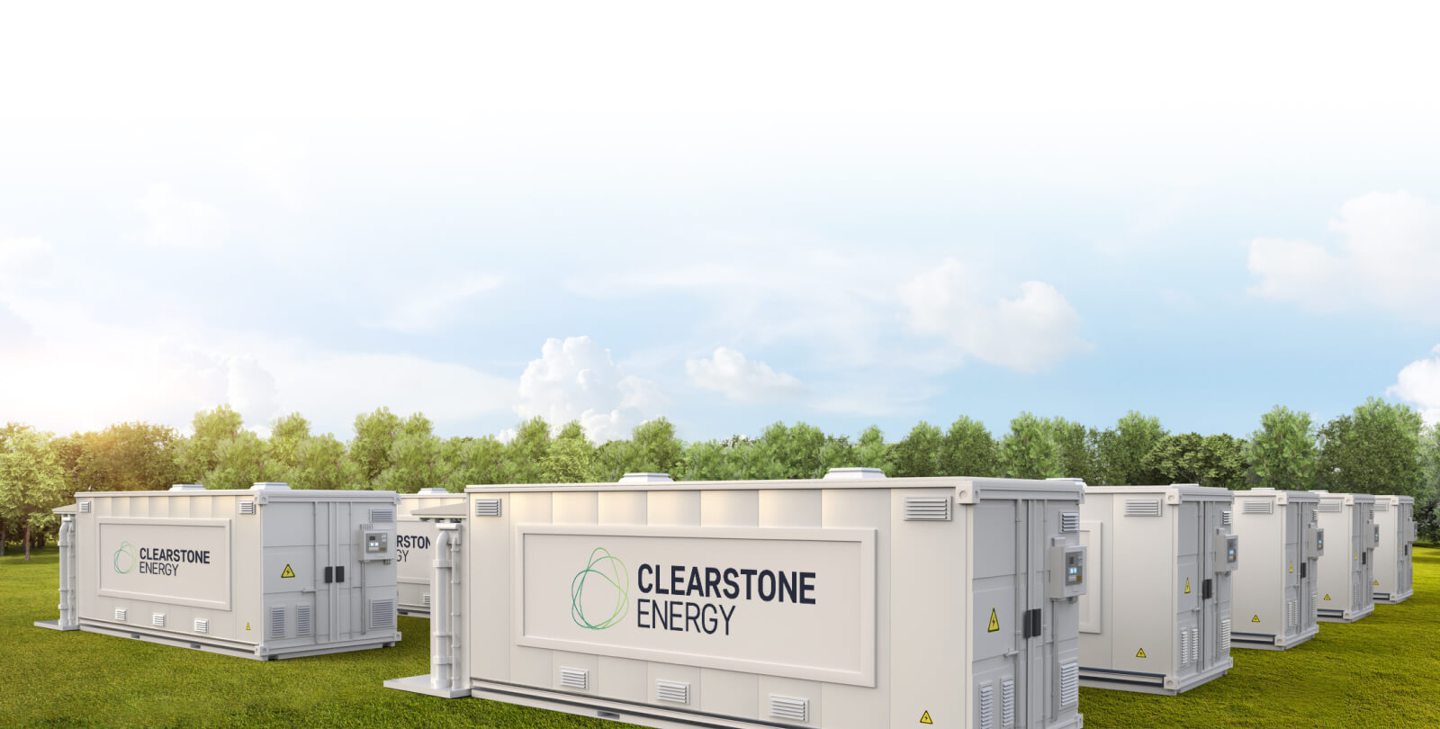 © Supplied by Clearstone Energy
© Supplied by Clearstone Energy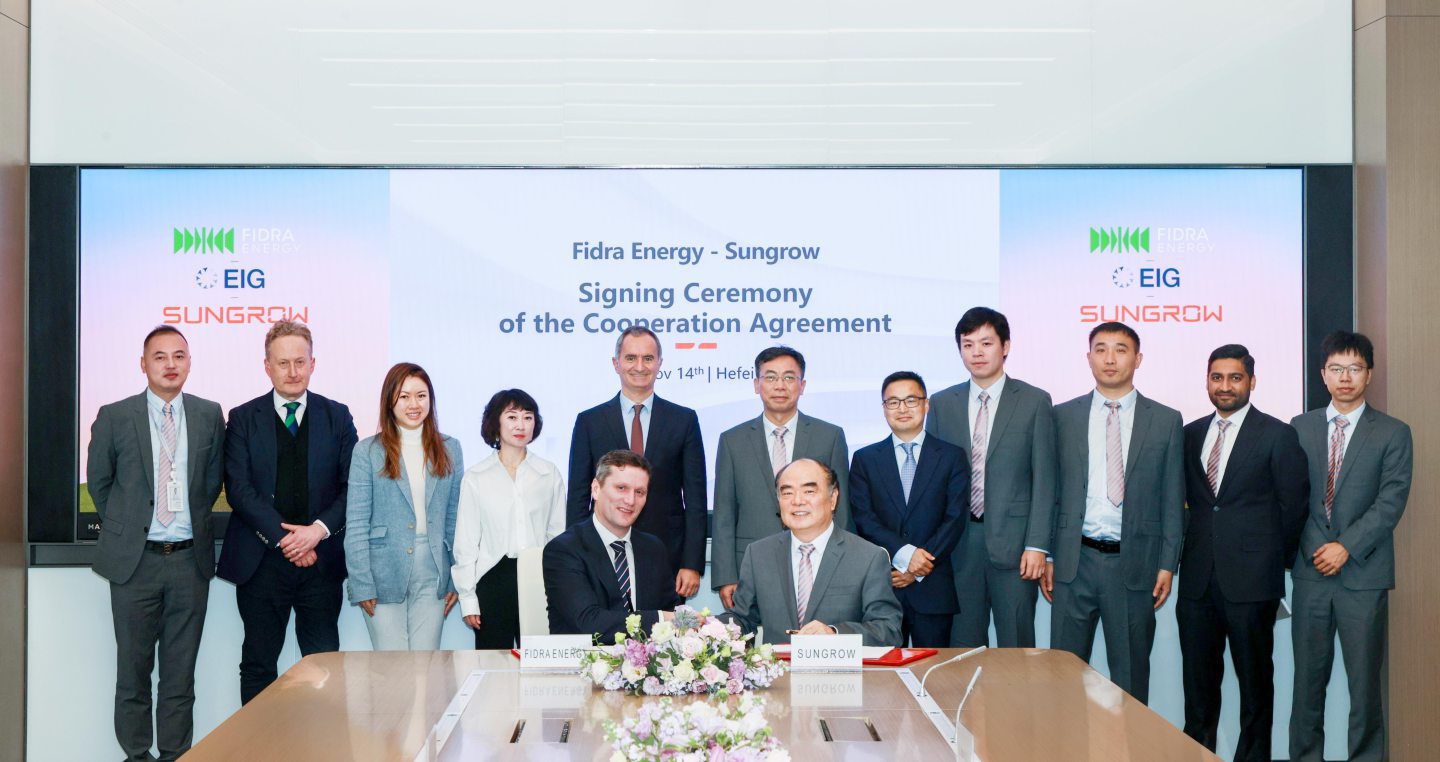 © Supplied by Fidra Energy
© Supplied by Fidra Energy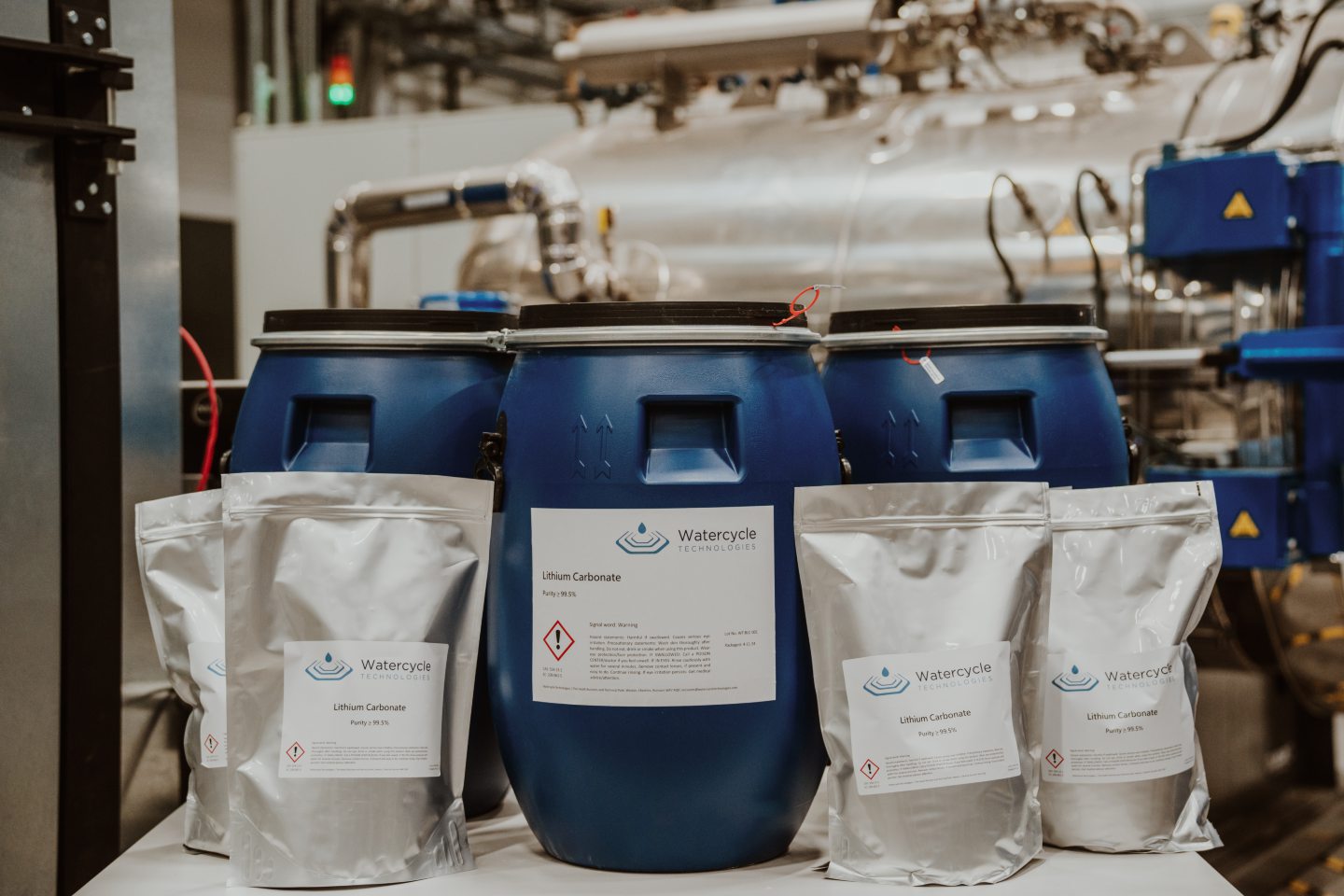 © Supplied by Watercycle Technolog
© Supplied by Watercycle Technolog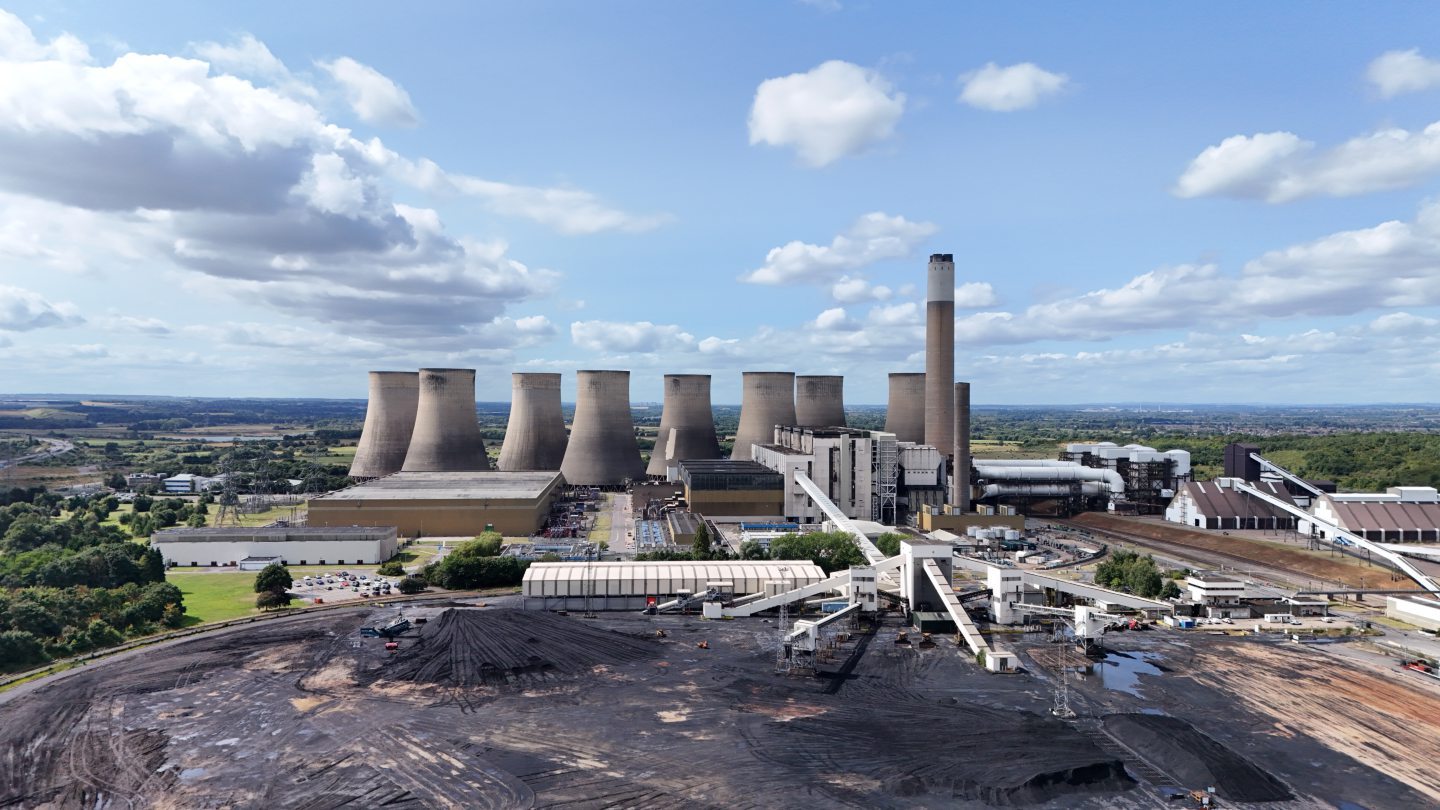 © Supplied by Coal Action Network
© Supplied by Coal Action Network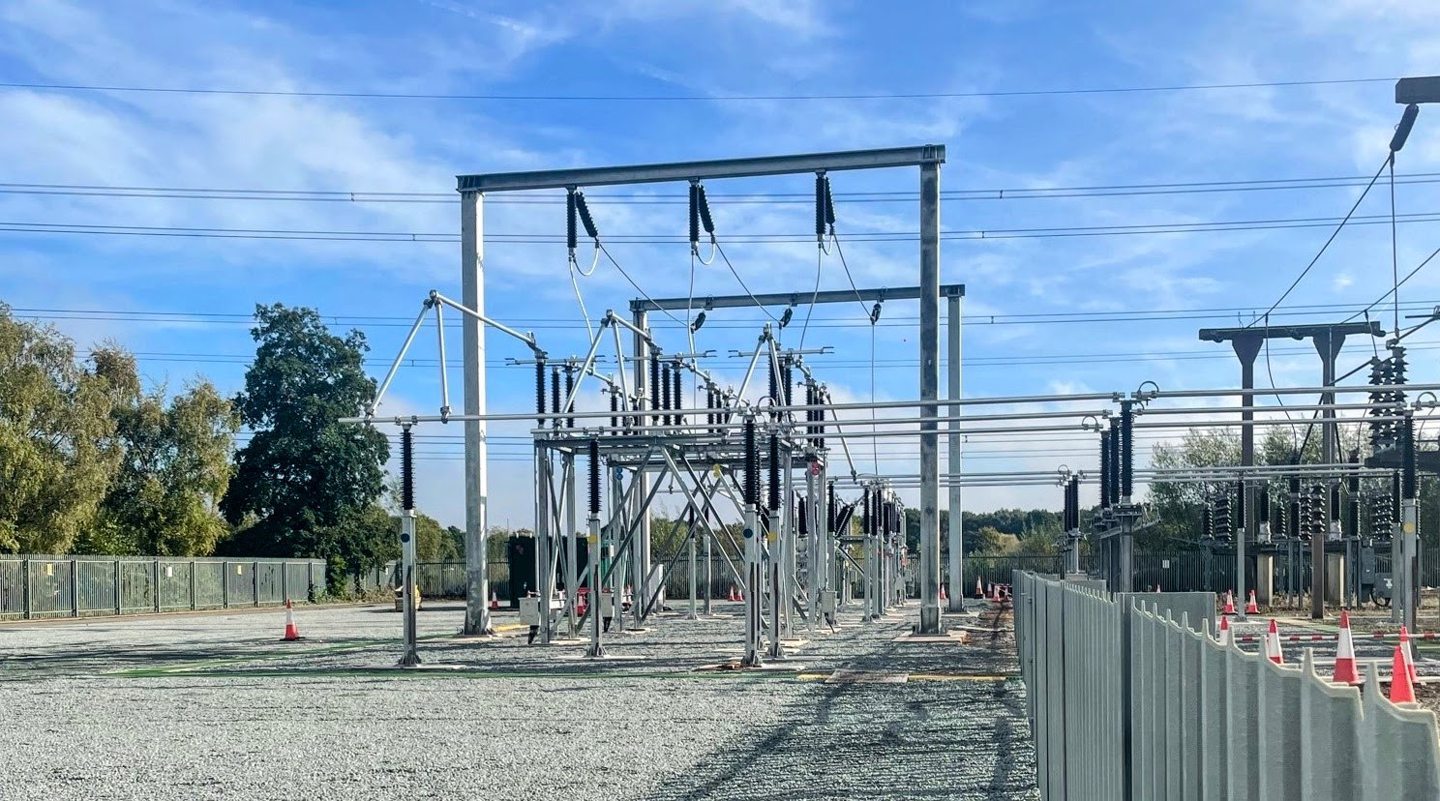 © Supplied by National Grid
© Supplied by National Grid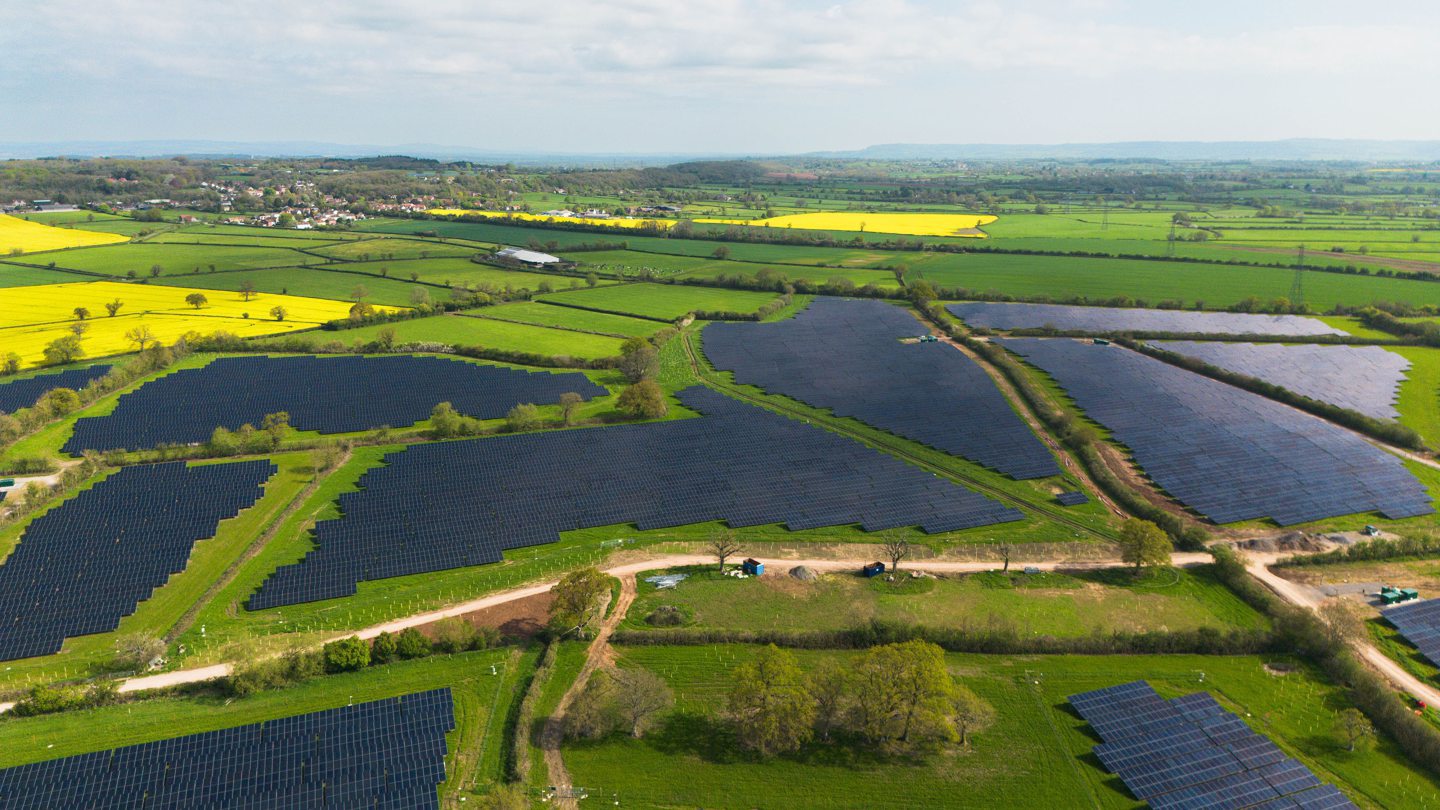 © Supplied by Cero Generation
© Supplied by Cero Generation






